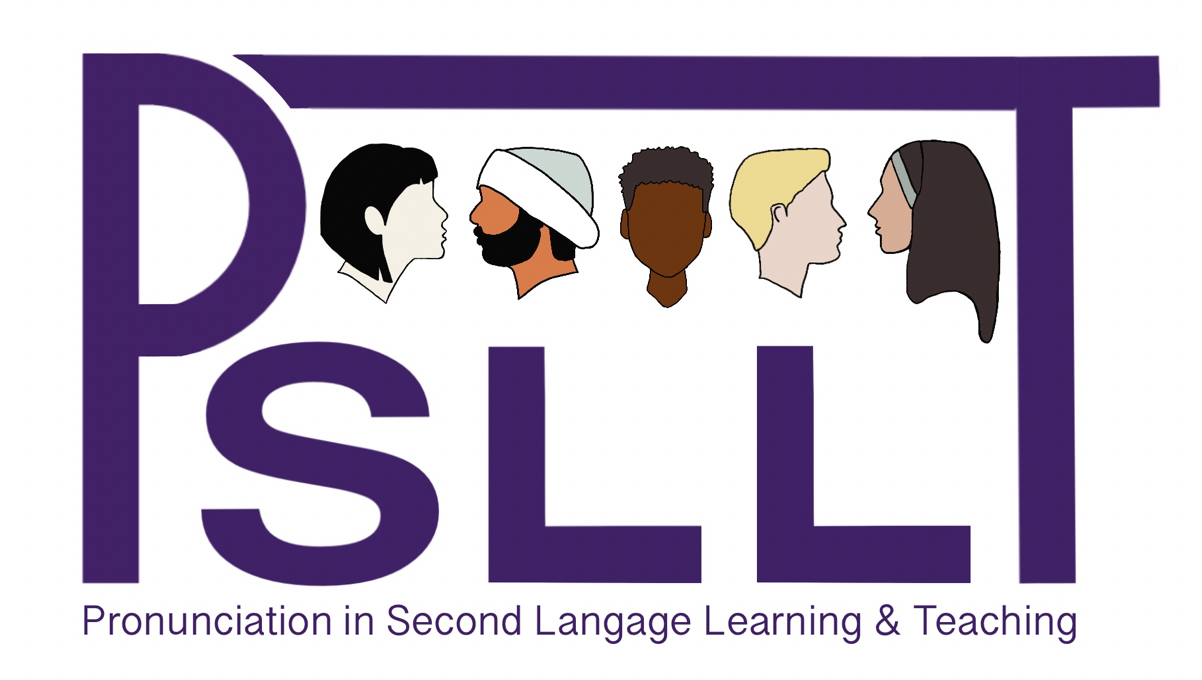Training Vowel Perception Through Map Tasks: The Role of Linguistic and Cognitive Complexity.
- Joan C. Mora (University of Barcelona)
- Mayya Levkina (University of Barcelona)
Abstract
Recent research suggests that manipulating task design variables promotes attention to phonetic form during communicative interaction, leading to accuracy gains in production. This study investigated the effect of linguistic and cognitive complexity sequencing on the perception of a difficult L2 vowel contrast for L1-Spanish learners of English (/iË/-/ɪ/). The L2-English learners (n=81) were randomly assigned either to an experimental training group (EG, n=66) or a control group (CG, n=15). EG participants performed computerized map tasks that required them to give and follow directions to map locations that could only be successfully reached by accurately perceiving and producing the intended target contrast. Accuracy in perception was assessed before and after training through a categorical ABX discrimination task. The results revealed gains in discrimination accuracy and speed for EG participants, and treatment and experimental condition effects. Overall the results underscore the potential of task-based phonetic form-focused instruction for L2 pronunciation development.
How to Cite:
Mora, J. C. & Levkina, M., (2017) “Training Vowel Perception Through Map Tasks: The Role of Linguistic and Cognitive Complexity.”, Pronunciation in Second Language Learning and Teaching Proceedings 9(1).
Downloads:
Download PDF
View PDF
